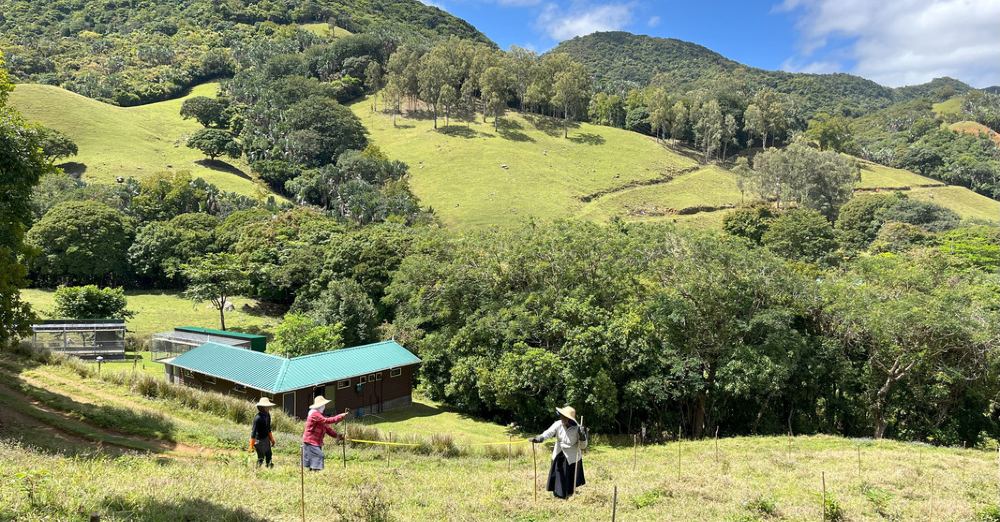
Ferney Ltd and the Vallée de Ferney Conservation Trust have received a significant grant from CEPF to fund crucial projects around the Nyon River.
The projects will focus on restoring forests, reforesting pastures, and establishing an agroecological farm. These efforts aim to boost the resilience of natural habitats, which are particularly vulnerable to climate change, and ultimately protect native plant and animal species.
The CEPF grant to Vallée de Ferney marks a major milestone for environmental protection in Mauritius. Jean Noel Wong of CIEL Properties highlights the grant’s role in enabling Ferney’s long-term vision of strengthening the region’s ecosystem. The project, funded by the grant of Rs 13 million, takes an innovative approach by combining conservation efforts, sustainable agriculture, and community involvement. Key actions include restoring forests, reforestation, and creating an agroecological farm, all aimed at building climate resilience within the Nyon river ecosystem.
The Critical Ecosystem Partnership Fund (CEPF) has awarded Ferney its first “Large Grant” in recognition of Ferney’s work within a priority Key Biodiversity Area of Mauritius. Manoj Vaghjee, president of FORENA, highlighted that CEPF will provide ongoing support for the project’s success throughout these three years. This selection was influenced by the project’s focus on creating jobs and skills, a key priority for CEPF. This partnership promises significant advancements in conservation and sustainable agriculture, preserving the region’s unique biodiversity.
The Critical Ecosystem Partnership Fund (CEPF) is a global collaboration dedicated to safeguarding biodiversity in critically threatened areas. Funded by multiple organizations, CEPF empowers civil society groups in developing nations to protect these “hotspots” – regions brimming with unique species but facing significant threats. By providing financial and technical support, CEPF fosters innovative solutions for both environmental conservation and community well-being. This work is particularly crucial since these hotspots not only host exceptional biodiversity, but also sustain over a billion people, many facing poverty and relying heavily on nature for survival. CEPF’s unique approach involves supporting locally driven conservation plans, granting funds to diverse organizations for implementation, and aiming to achieve a trifecta: protecting biodiversity, nurturing local leadership, and promoting sustainable development.


